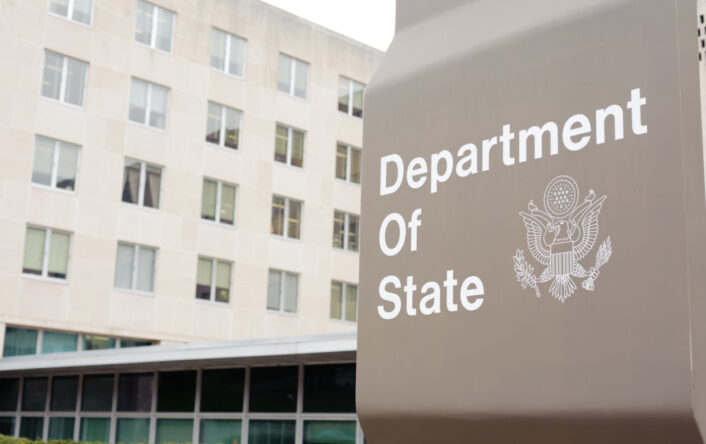
In a recent statement, the State Department acknowledged sending a memo to its staff advising against the use of gendered language like “mother” and “father.” State Department spokesperson Matthew Miller emphasized the importance of respect, stating that this guidance aligns with standard government procedures.
Miller clarified that despite Secretary of State Antony Blinken’s signature on the memo, it does not necessarily imply that the directive originated directly from Blinken’s desk. He emphasized the memo’s purpose is to encourage respectful communication, tailored to individuals’ comfort.
“If you look at that memo, as I have done, it’s a standard government practice to try to encourage people just to be respectful of others and use the terms with which others are comfortable and talk to people the way that they would like to be addressed. And nothing more than that,” Miller said in a press briefing.
The memo reportedly cautioned staff about the use of gendered terms such as “mother/father” and “son/daughter,” deeming them “problematic.” It also suggested the inclusion of personal pronouns like she/her, he/him, they/them, and ze/zir in email signatures and meeting introductions, emphasizing that it’s a personal decision deserving respect.
Regarding discussions on war efforts, the memo purportedly recommended replacing phrases like “brave men and women” with “brave soldiers.” Additionally, it discouraged addressing a crowd as “ladies and gentlemen,” advocating for the use of “gender-neutral language.”
Similar trends are emerging in other agencies, with reports indicating changes to police officer training courses in North Carolina. A revised curriculum now includes specific training on gender-neutral language, directing instructors to incorporate terms like “omnigender,” “androgyne,” and “cisnormativity.” The broader adoption of these practices raises ongoing discussions about language norms and inclusivity.